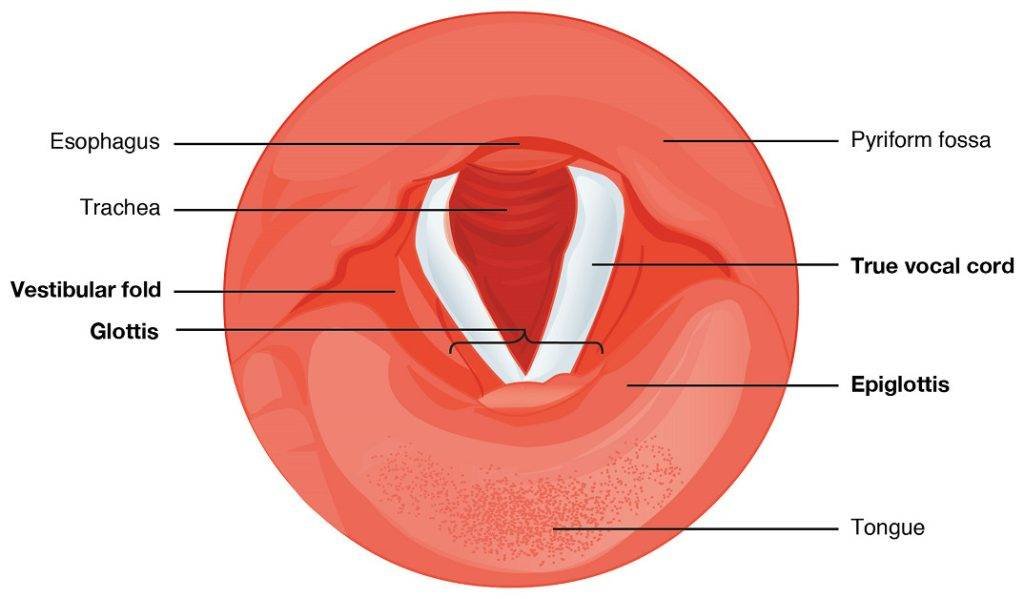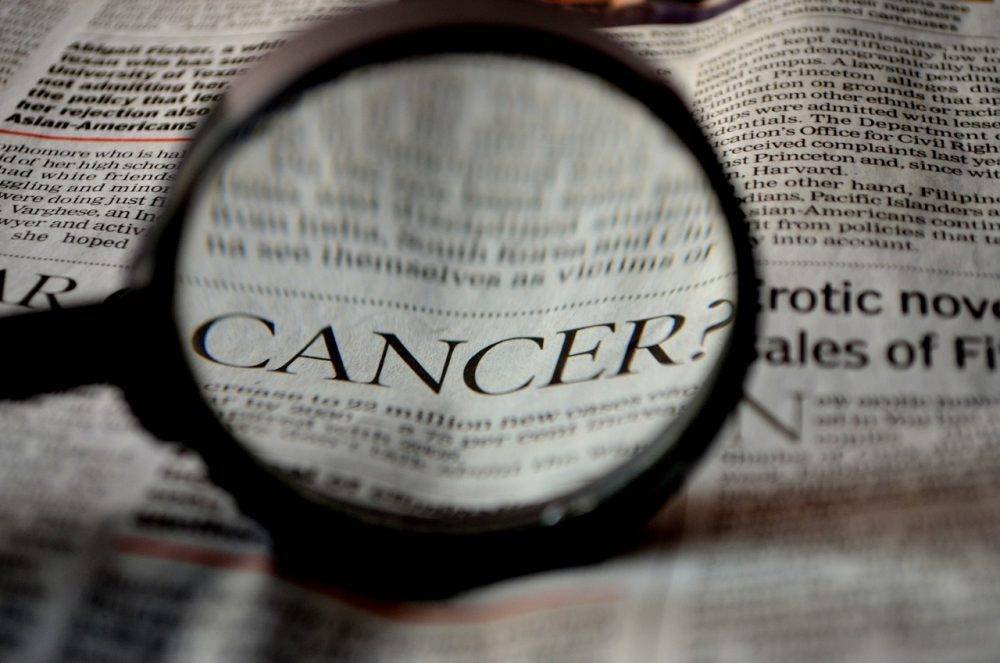A vasectomy is a procedure for male birth control. It entails cutting and sealing the tubes that carry the sperm from the testicles to the semen. That means that ejaculations will no longer carry sperm, preventing conception during sexual intercourse. Because it does not include the scalpel incision usually required with other types of vasectomies, this kind of procedure goes by several names including no scalpel vasectomy, no-needle vasectomy, and keyhole vasectomy, among others.
What Is Male Birth Control?
Sperms are made in your testicles and travel down a tube called a vas deferens, which takes them to where they can be ejaculated. The vas deferens are sealed during a no-scalpel vasectomy, preventing sperm from mixing with semen in ejaculations. No-scalpel vasectomies are considered safe, effective, and relatively simple ways to prevent pregnancy. Because of their popularity, many people now refer to male birth control as no-scalpel vasectomies or no-scale procedures.

Why Would I Choose This Over Other Options?
There are three main options that men have at their disposal in terms of birth control: condoms, vasectomies and abstinence. Most men use condoms to help prevent unwanted pregnancies with their partners, but they’re not always effective. The World Health Organization estimates that every year roughly 18 percent of women using male condoms will become pregnant, which means 82 percent won’t. Even if you practice perfect usage, which means using them correctly every time you have sex, they still only offer an 85-percent effectiveness rate.
How Long Does It Take?
The vasectomy itself takes about 15 minutes, and patients are given antibiotics to help prevent infection. The recovery period is pretty short—patients should be able to get back to their normal routines within a week or so after their procedure, but they’ll want to avoid heavy lifting or strenuous exercise for at least 10 days. Note that even after your vasectomy, you may still have some sperm in your semen for weeks or months afterward; doctors suggest using another form of contraception until you’re sure that all of your sperm have cleared out.
What Are The Risks Of Having A No-Scalpel Vasectomy?
There are a few risks involved with getting a No-Scalpel vasectomy. The most common complications include swelling and bleeding at or near where the procedure took place, discomfort while urinating or having sex, bruising, and a buildup of fluids in your scrotum. Most men do not experience any issues following their vasectomy but if you do begin to experience any problems contact your doctor immediately. Your doctor will likely recommend avoiding strenuous activity for one week after surgery, so plan accordingly if you have something important coming up that requires physical activity (for example an event that requires dancing). Also, make sure to stay well hydrated as you recover from a No-Scalpel vasectomy by drinking plenty of water.
Is There Any Downtime?
There’s no downtime involved in a vasectomy, and most men report feeling back to normal just a day or two after surgery. The doctor may prescribe a few days of bed rest, but it’s not required; there will still be some pain and soreness following surgery, but it should subside within three to five days. However, since sperm takes about two weeks to fully disappear from your system, you’ll need to use another form of birth control until that time has passed.
Recovery time varies depending on how quickly your body recovers from surgical trauma (the more physically active you are before and after surgery which can raise blood pressure the longer your recovery is likely to be), as well as other factors like age and health history.
Can I Fly After Having The Operation?
After a vasectomy, it is perfectly fine to fly anywhere in most cases. First, it’s important to understand that a vasectomy will not affect your ability to fly on an airplane. The procedure is non-invasive and does not require anesthesia, so you can travel immediately after having it done. However, due to the potential side effects of some medications used during and after surgery, it might be best to wait until any related symptoms have subsided before flying.
Do I Need An Overnight Hospital Stay?
A vasectomy can be performed in a doctor’s office, but it’s often offered as an outpatient procedure to reduce recovery time and costs. The average cost of a vasectomy is between $1,000 and $1,500. But whether you’re having your procedure done at an outpatient surgery center or in a hospital setting, you can expect some downtime afterwards.
Before deciding where to have your vasectomy, it’s a good idea to inquire about how long you might need to take off from work afterward and whether that length of time includes an overnight stay in the hospital or not. If you plan on being out of commission for just one day (or even half of one), then definitely choose outpatient.
Can I Exercise Right After My Surgery?
This depends on what kind of procedure you had. Both no scalpel and traditional vasectomies can be performed through a small cut in your scrotum, so there is little pain associated with physical activity in either case. Most doctors will tell you to wait at least a day or two before doing strenuous activities like running or lifting weights; contact your doctor if you have any questions about specific exercises after your surgery. As with any surgery, it’s important to rest completely (especially your scrotum) until healed so you don’t accidentally reopen your incision.
Can I Have Sex Right Away After My Surgery?
The first thing to understand is that a vasectomy does not immediately result in infertility. The sperm count doesn’t drop right away, and it can take months after surgery to reach zero sperm in your semen. That said, sexual activity can be resumed within a few days of surgery—though you should use another form of birth control until your doctor confirms you are fully sterile.
Before sex or masturbation, men should ensure that no semen enters a partner’s body and ejaculate into an appropriate container (for example, a condom). It is recommended that sexual partners take an HIV test before having unprotected intercourse with someone who has undergone a vasectomy as there may be other sexually transmitted diseases (STDs) present which pose less risk when undetected by symptoms.
What Happens When I Go Home?
After your vasectomy, you’ll go home and rest. You might experience discomfort or soreness but that should disappear after about a day or so. Over-the-counter pain relievers, such as ibuprofen can help with any post-procedure aches. It’s not uncommon to experience some leakage of sperm from your scrotum; if you find that you are leaking semen from both sides (your ejaculate will have streaks of white), it may indicate that you have a small tear in one of your tubes, which requires further evaluation.


